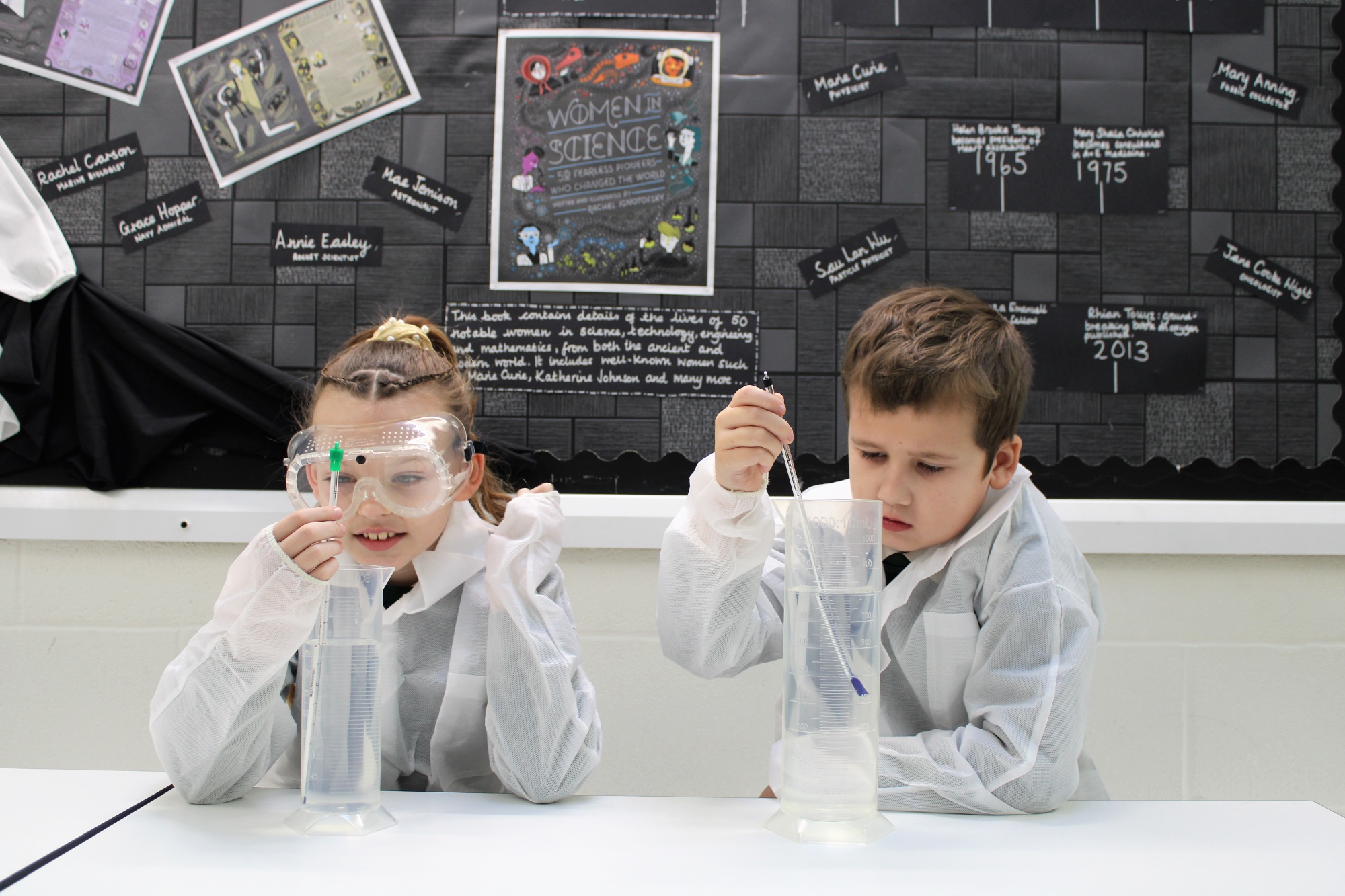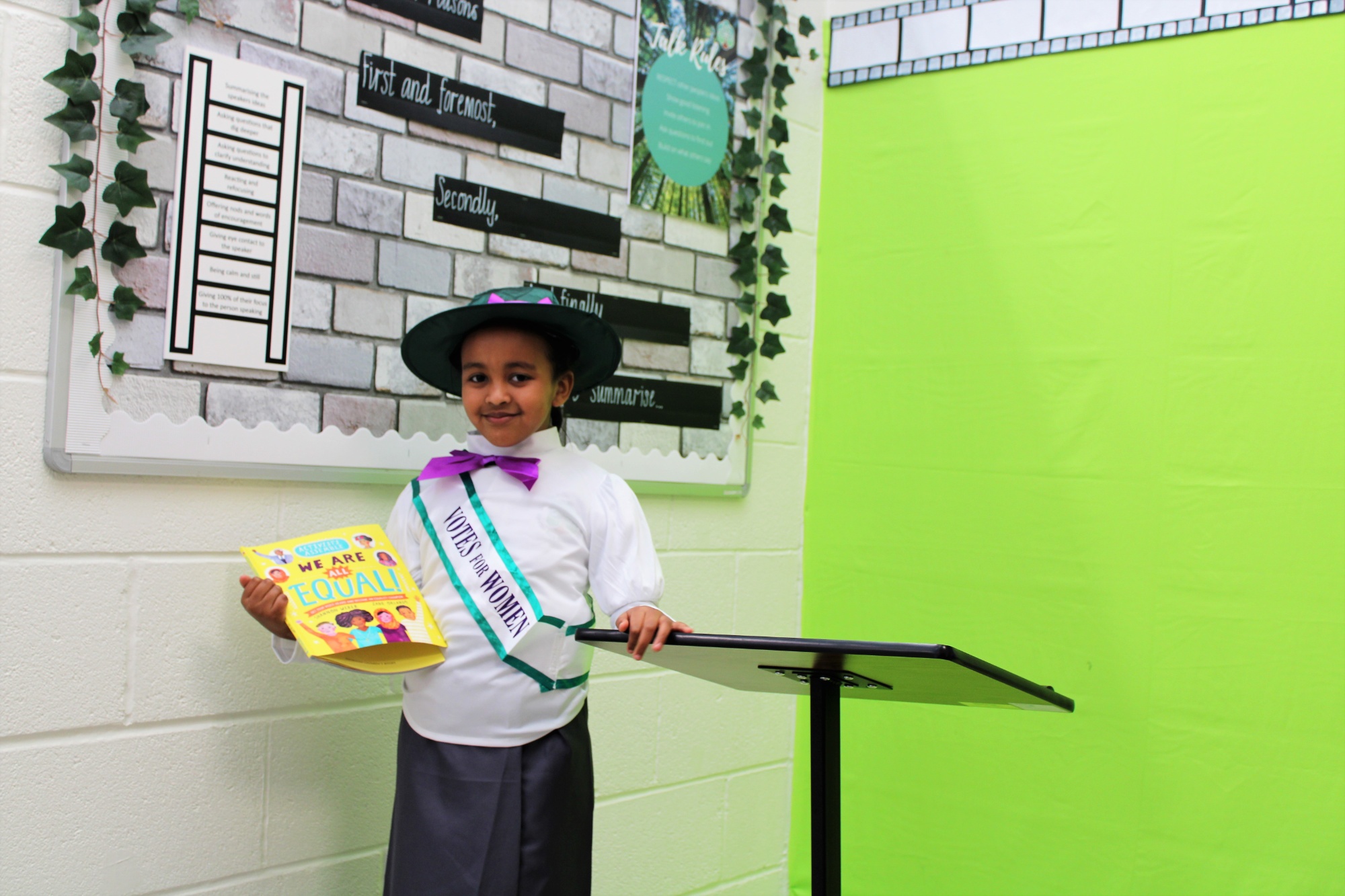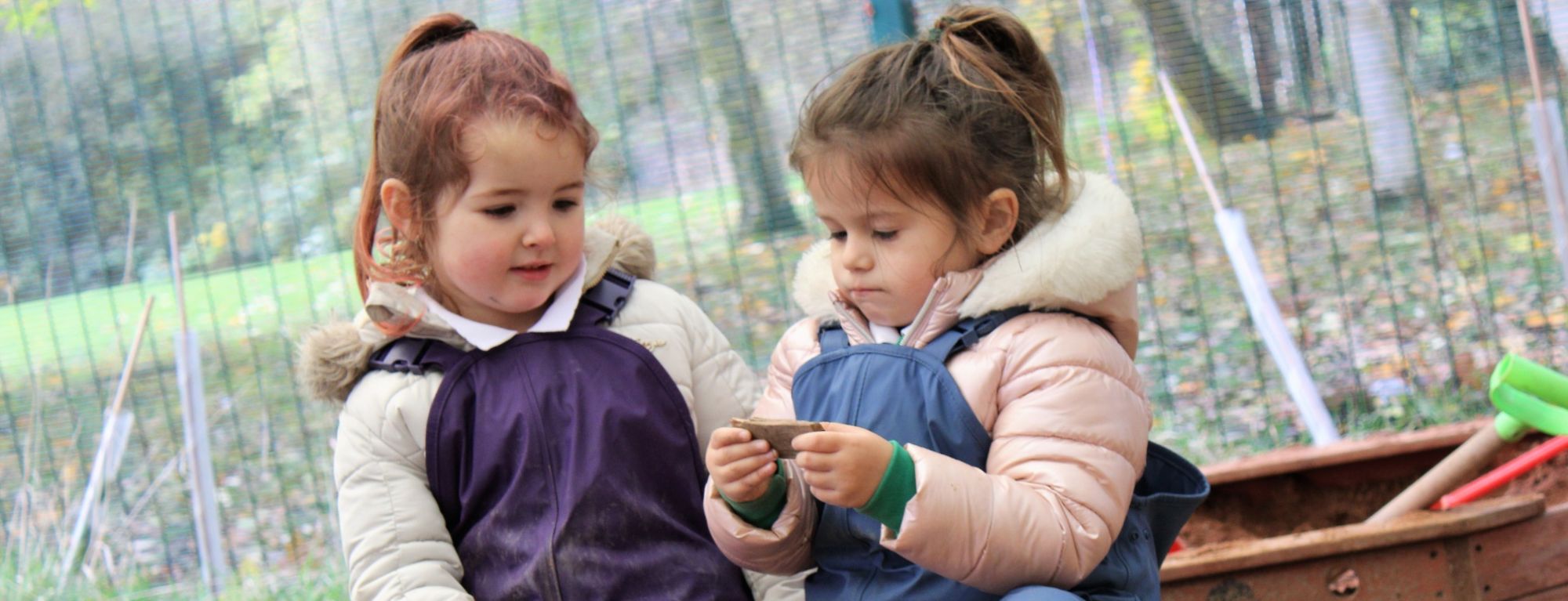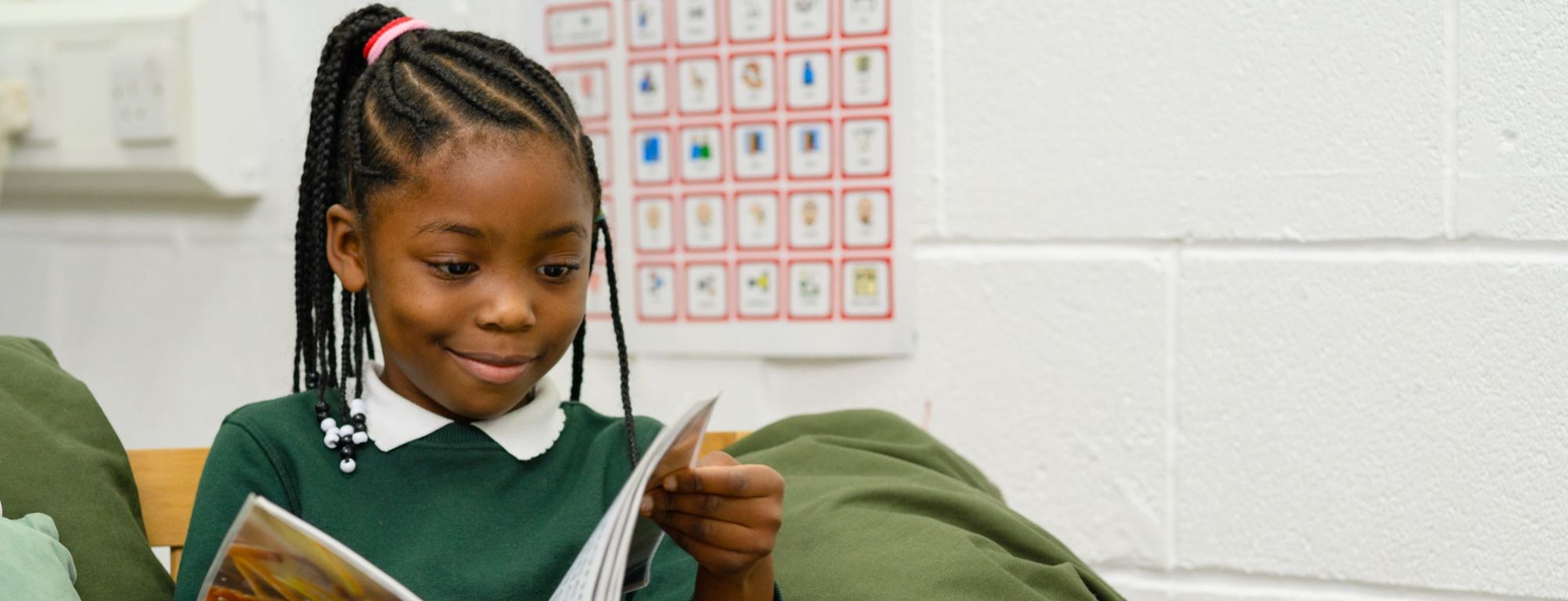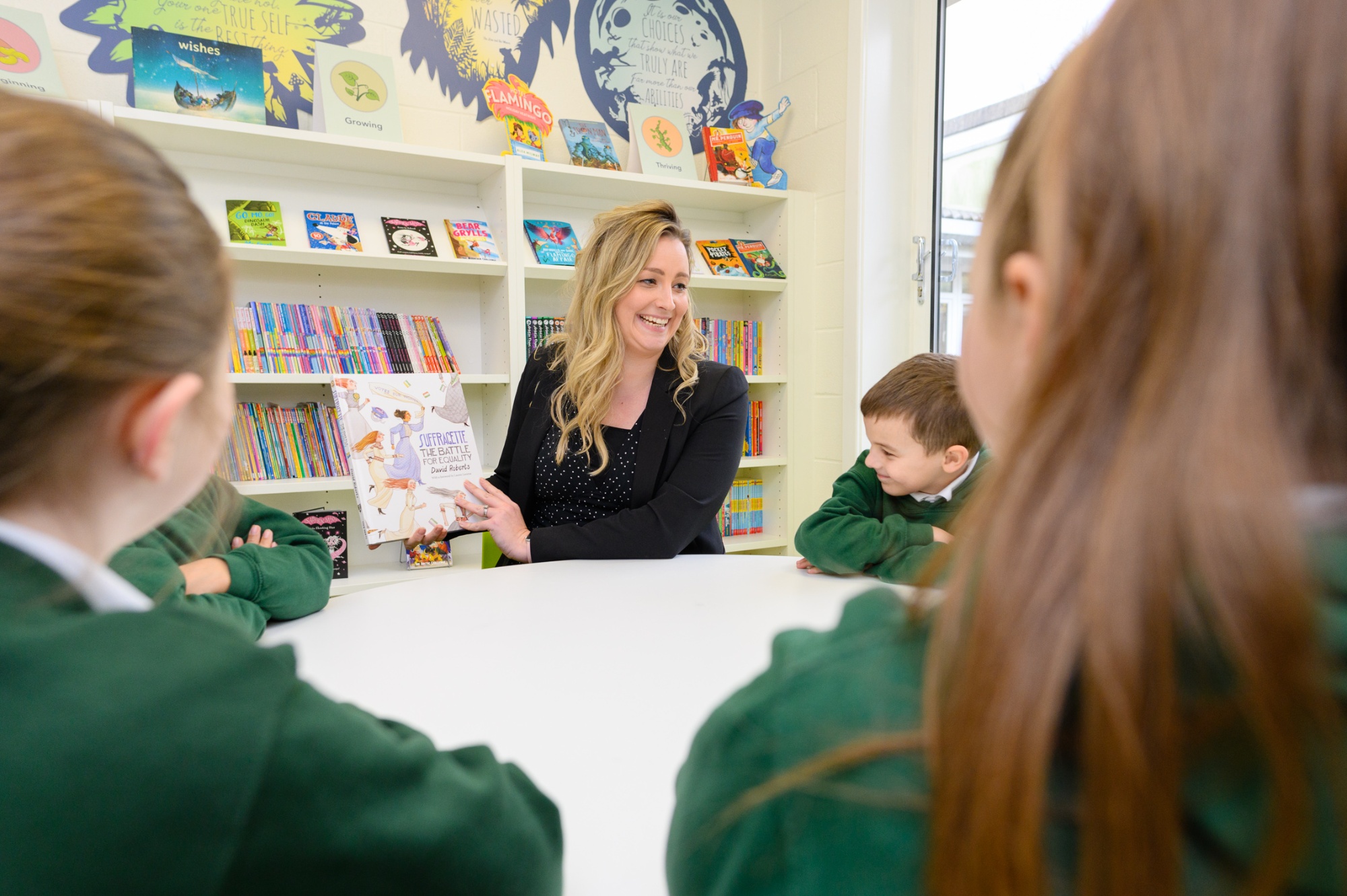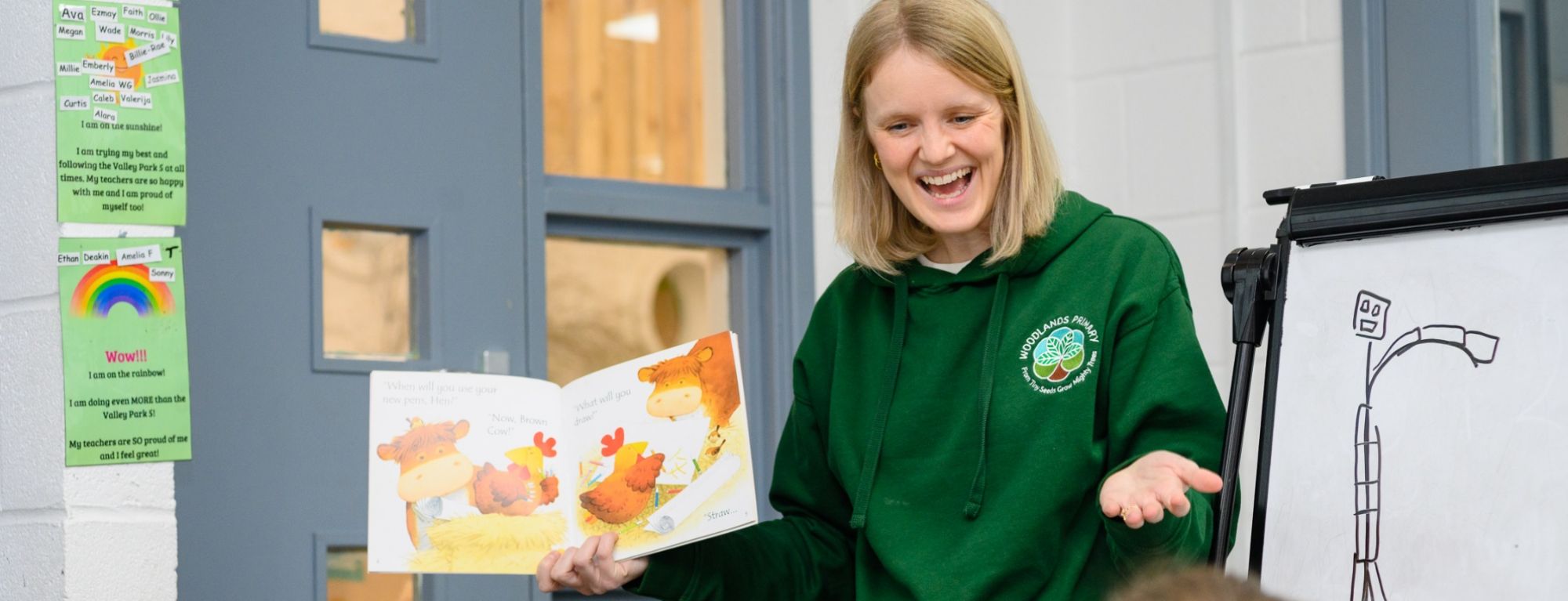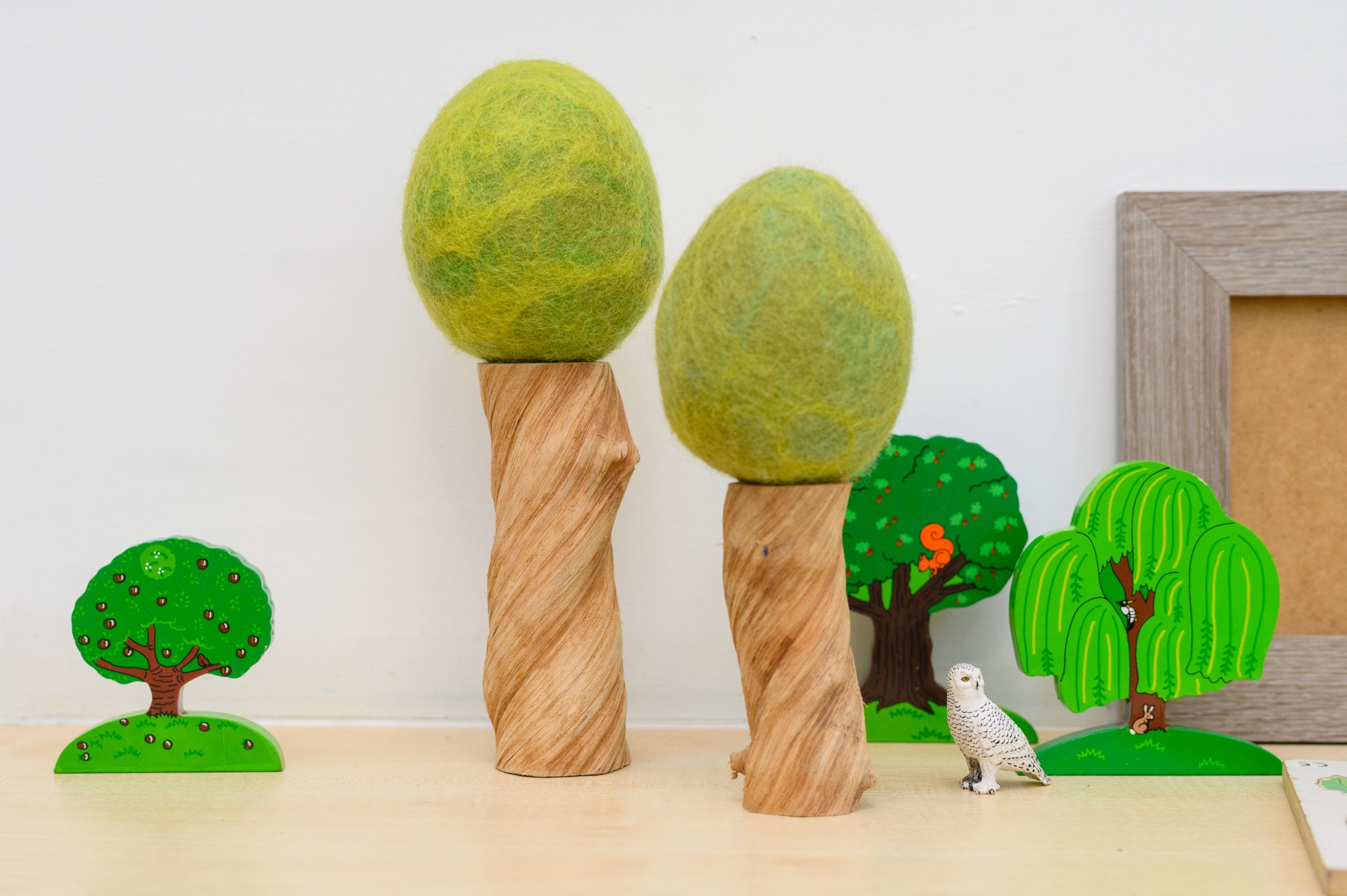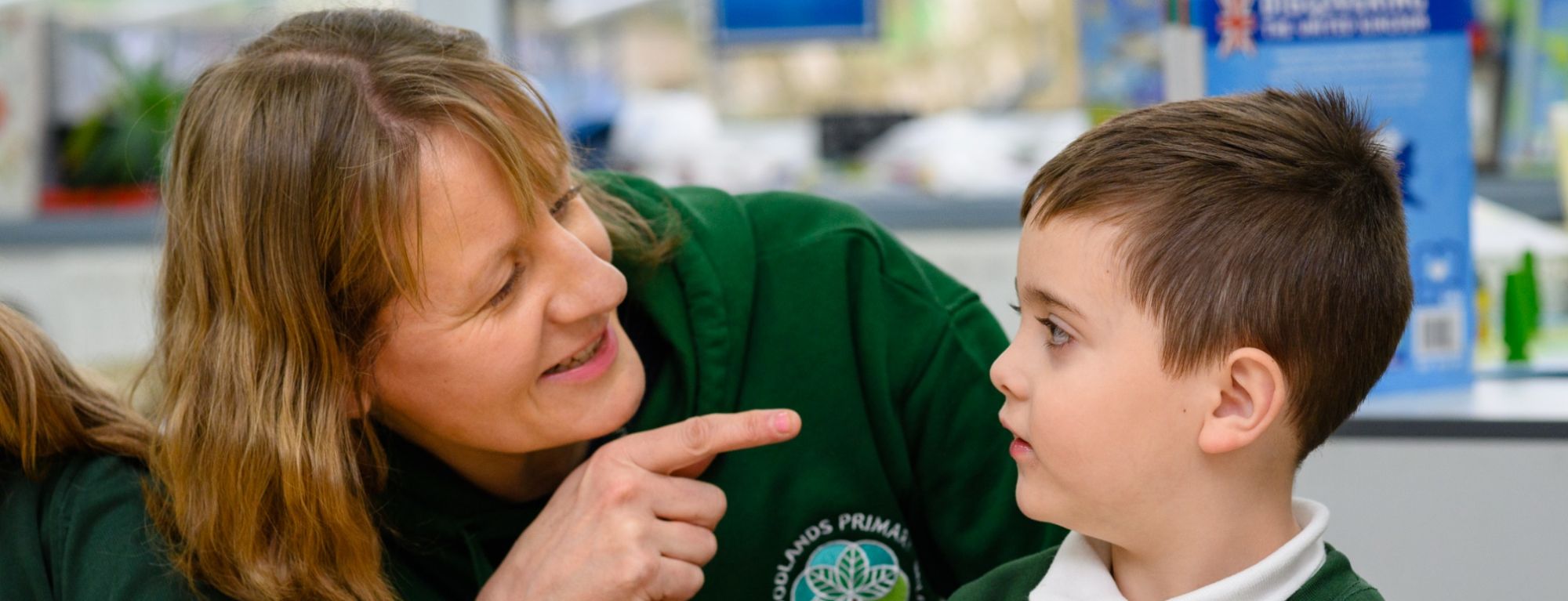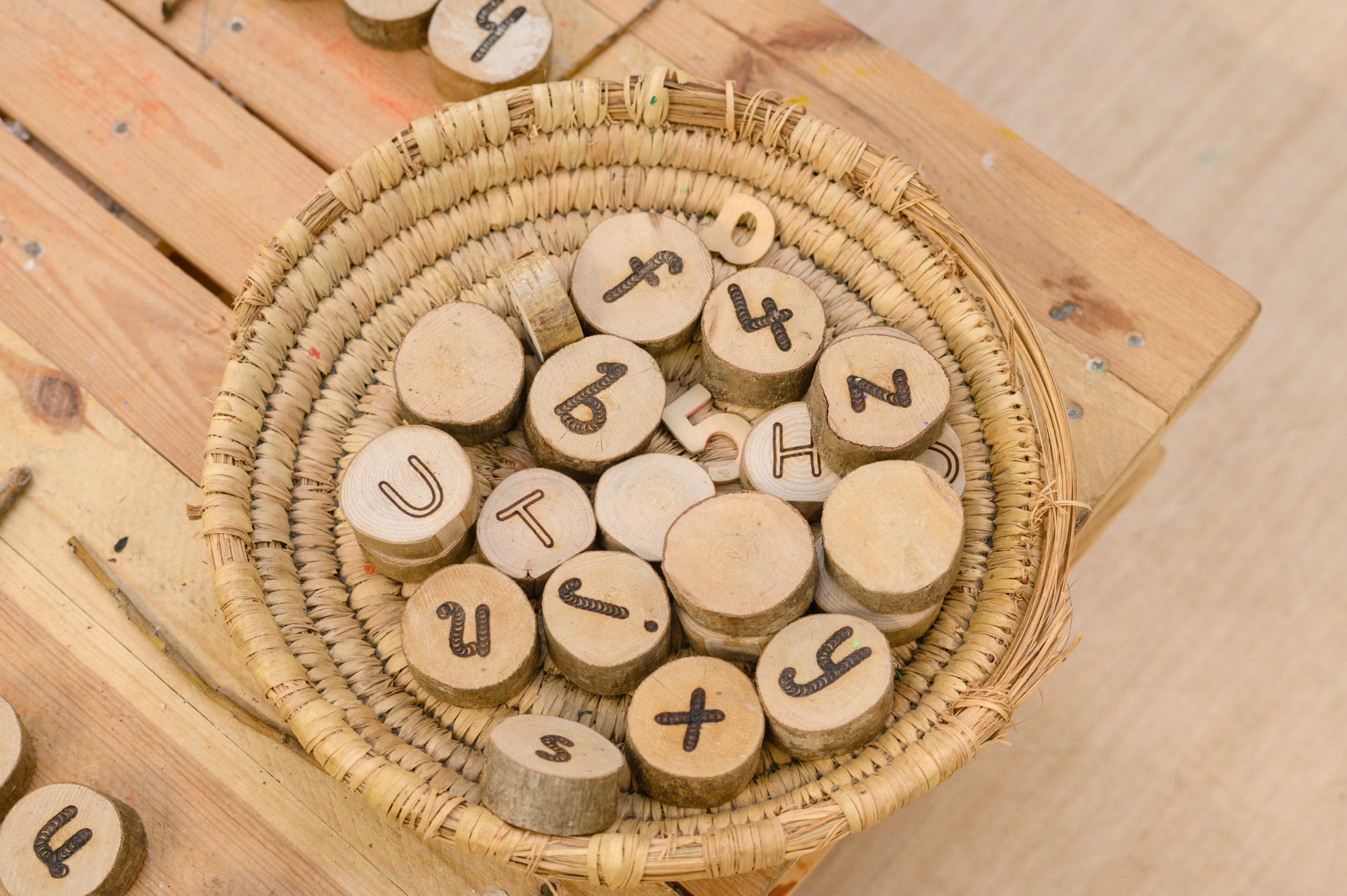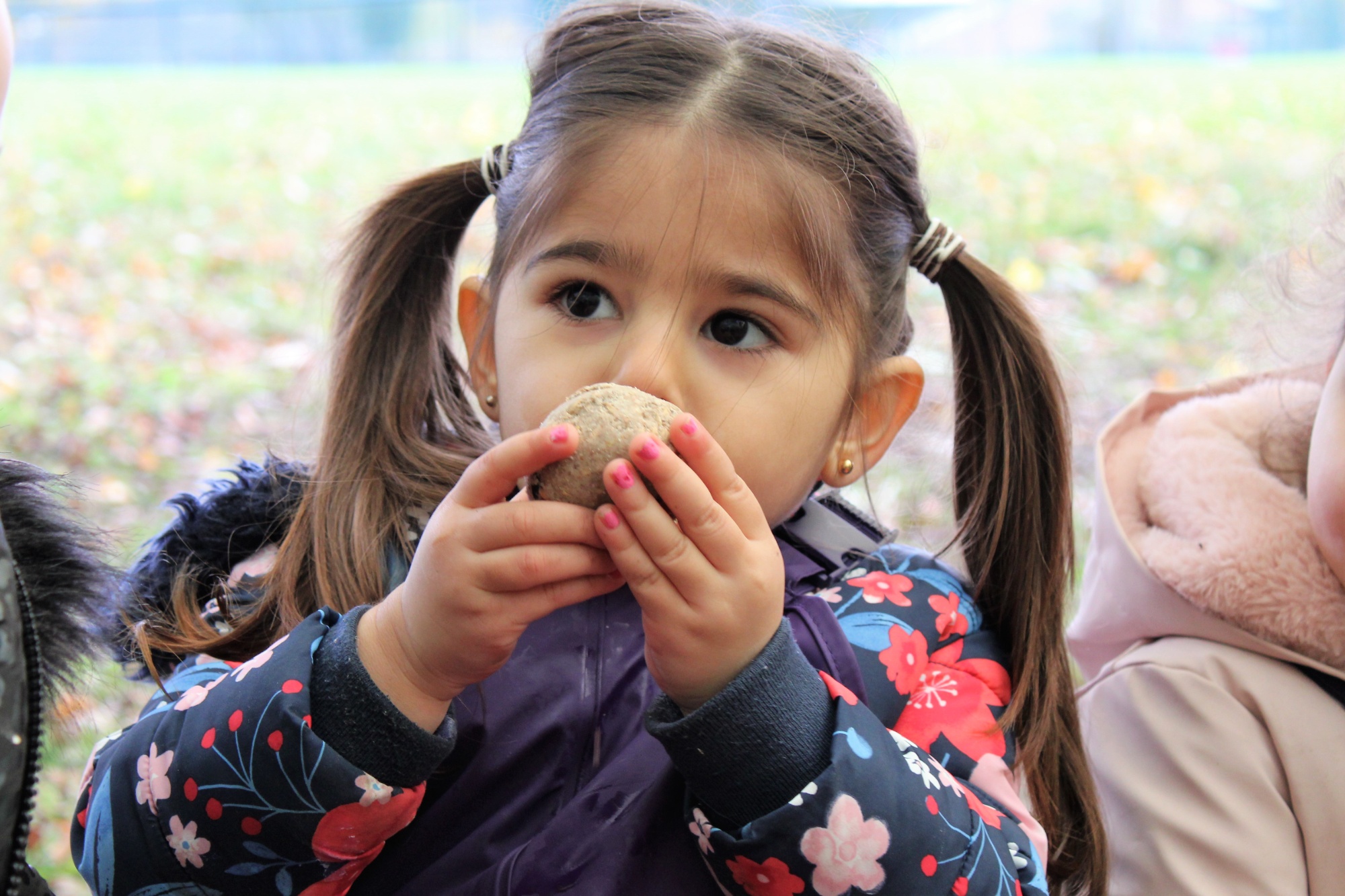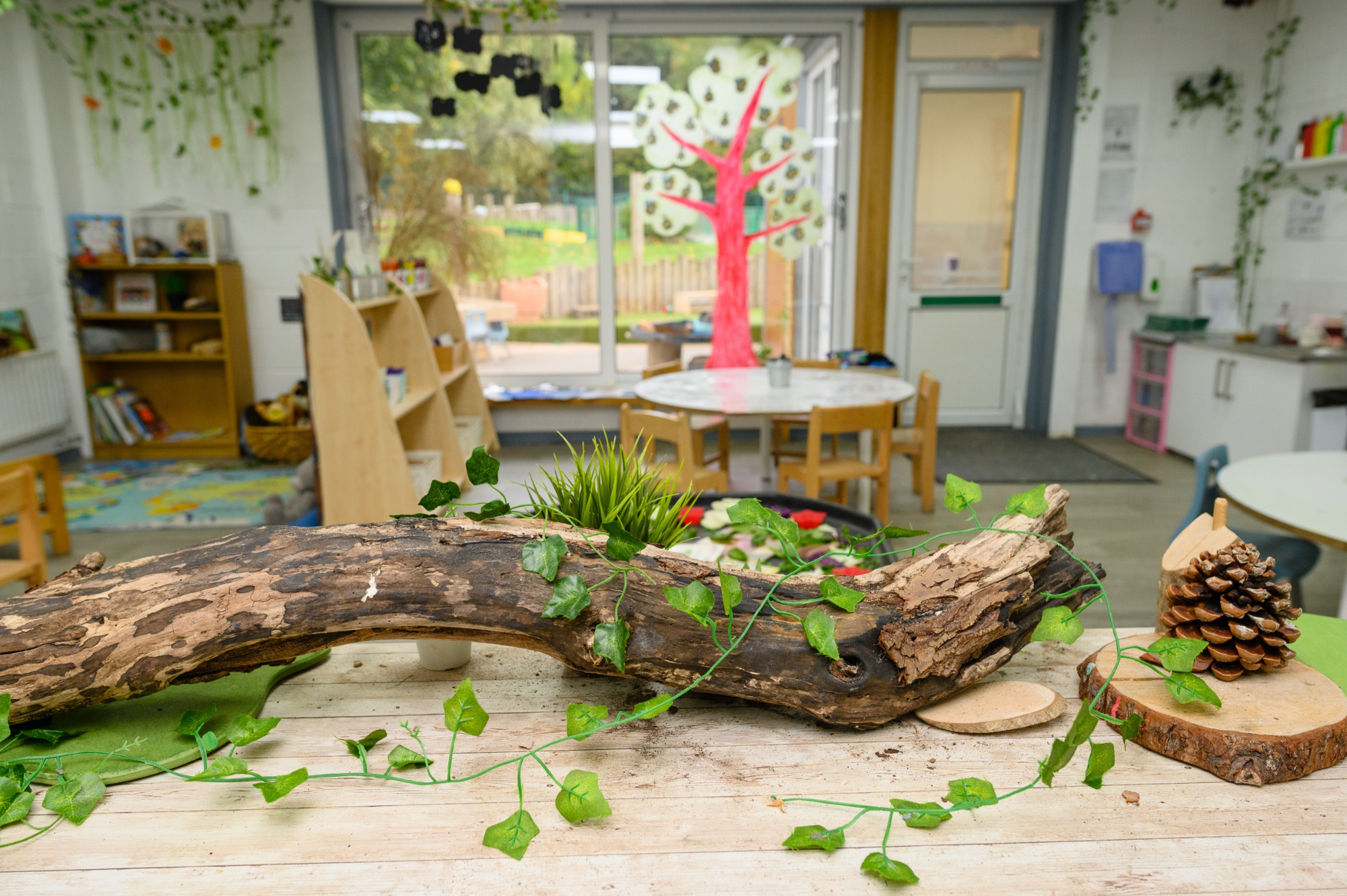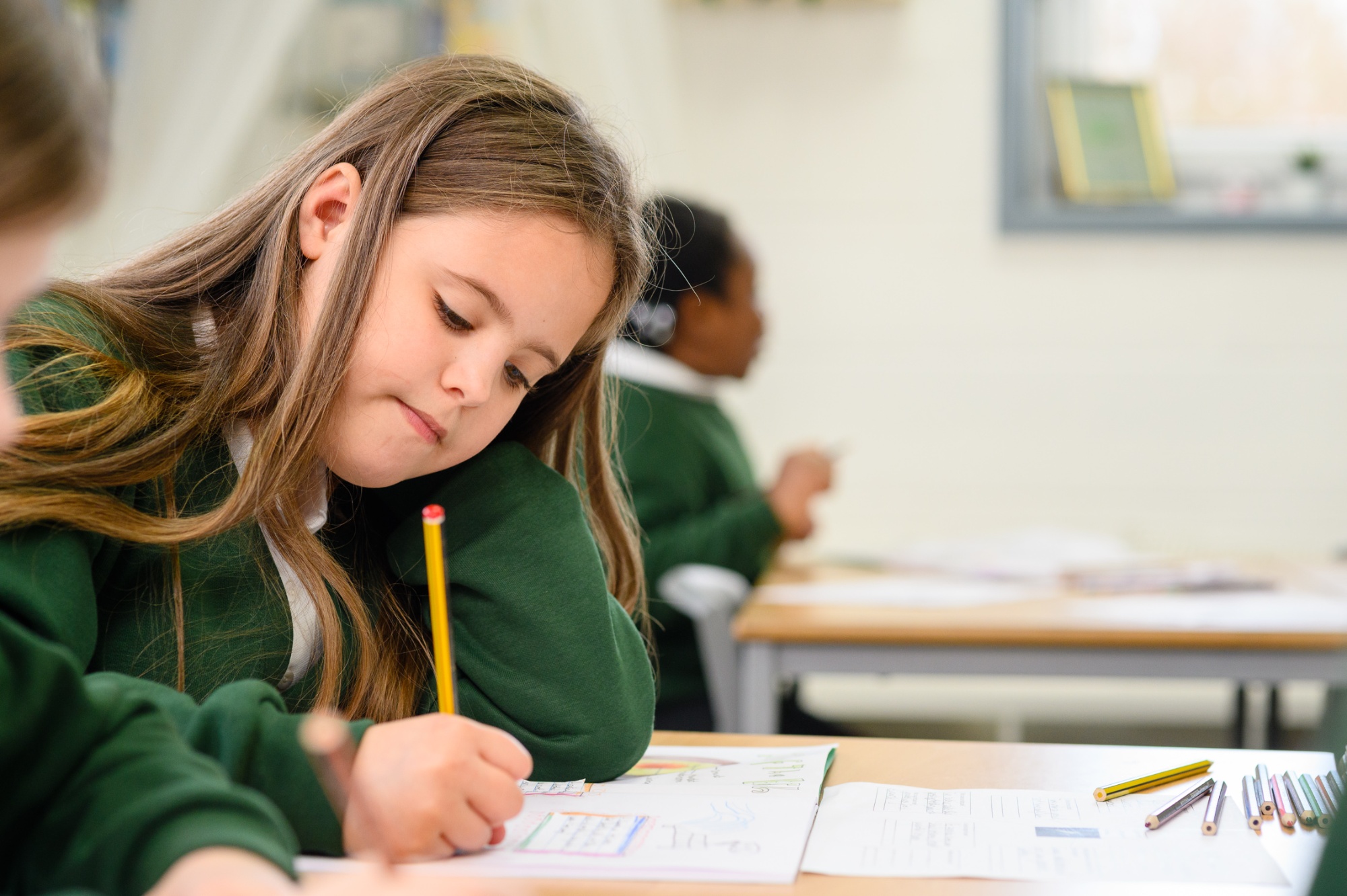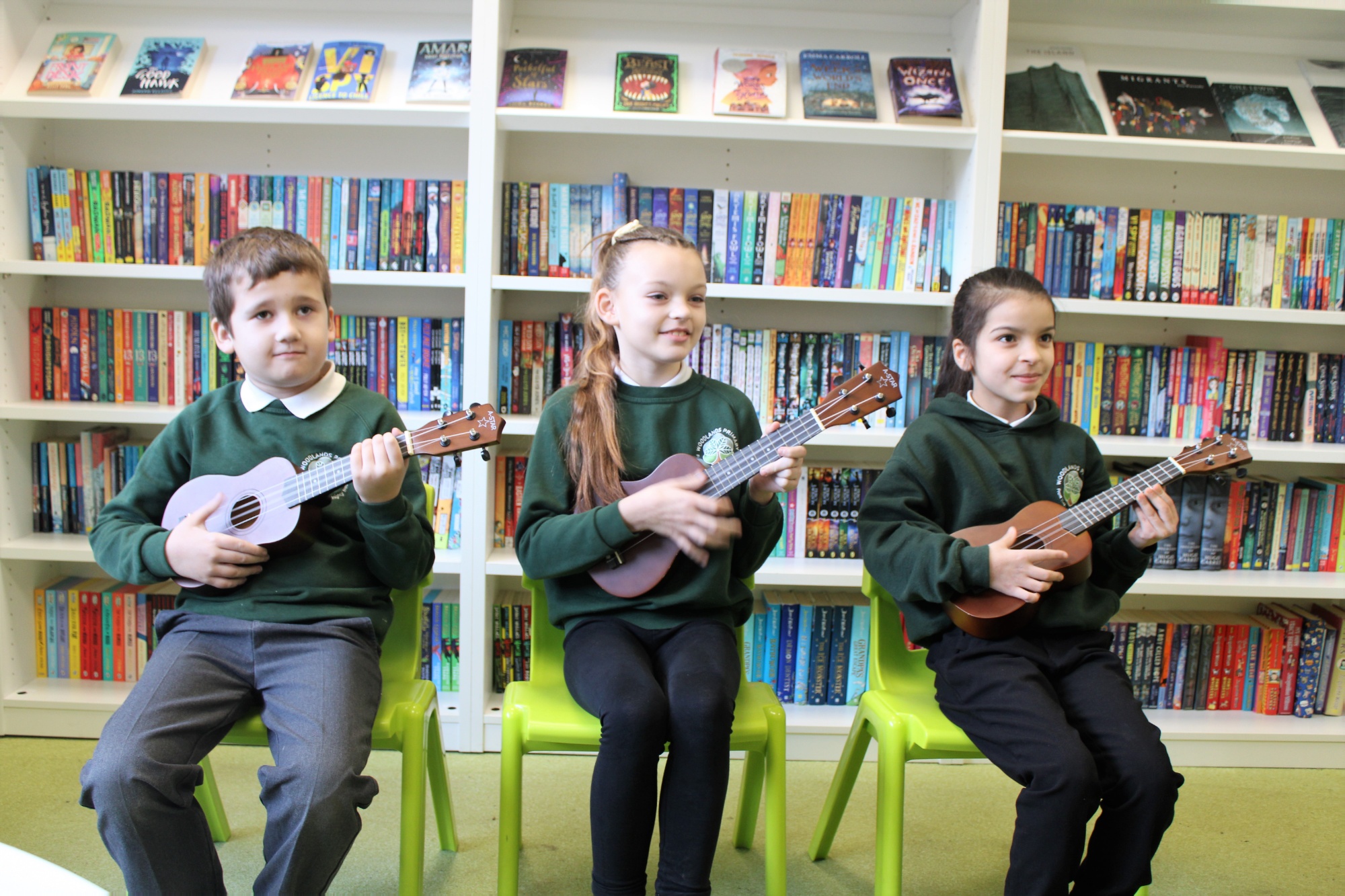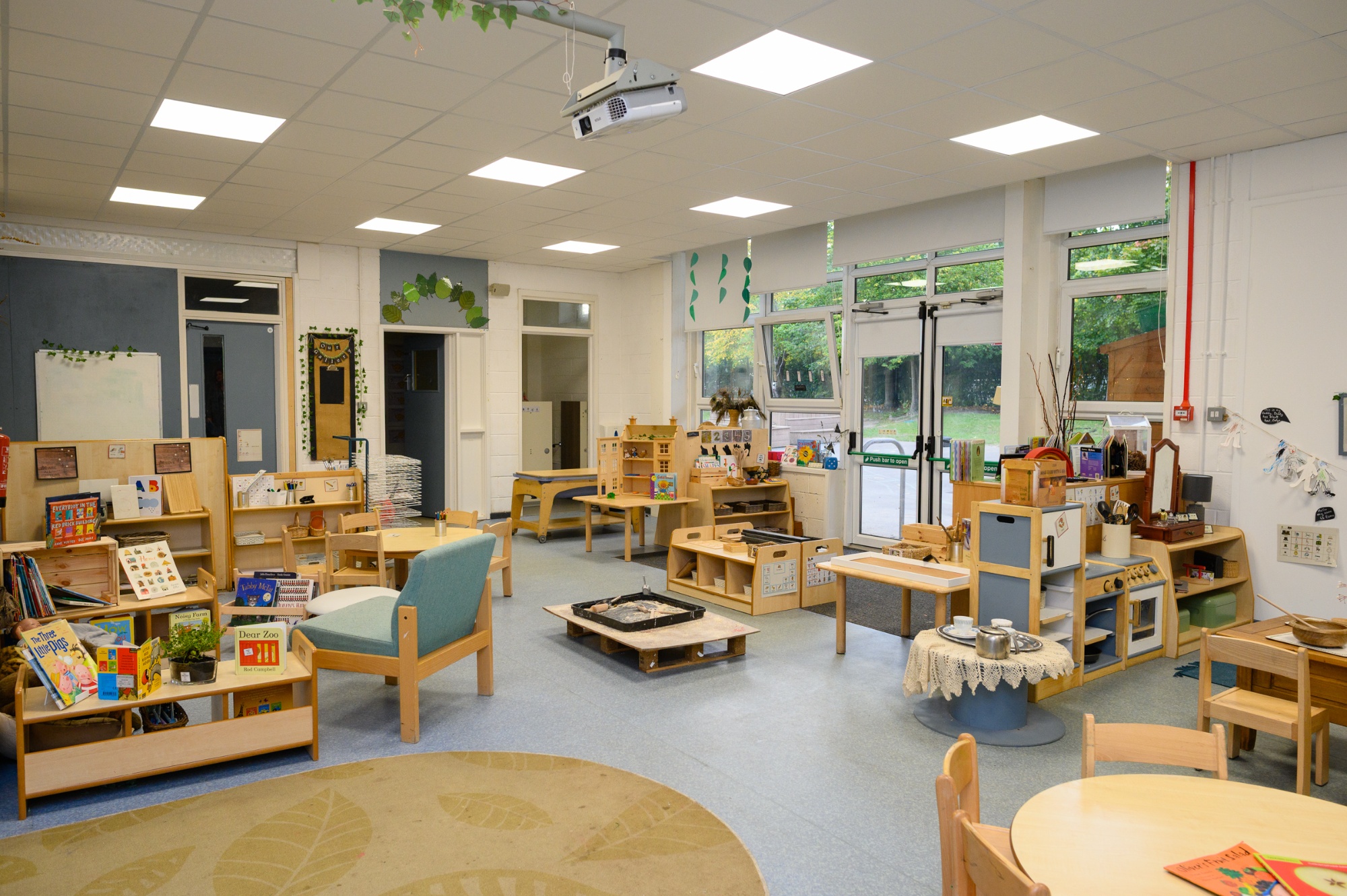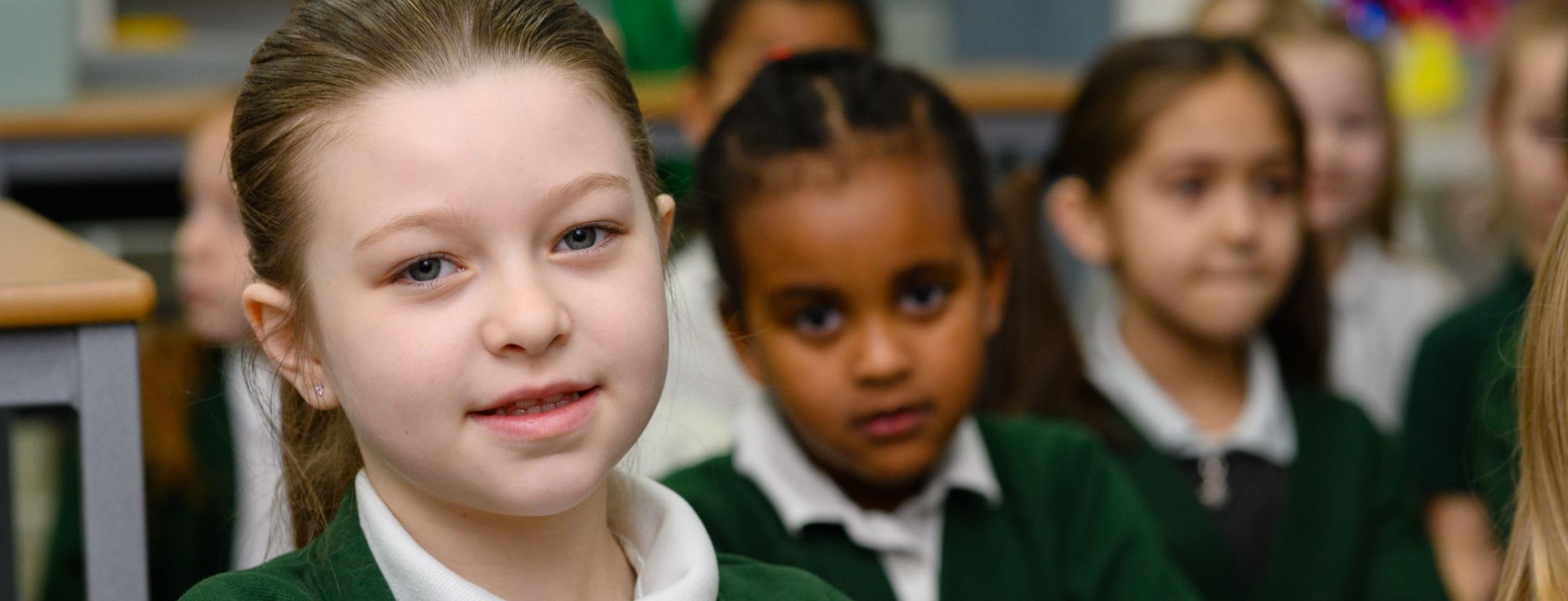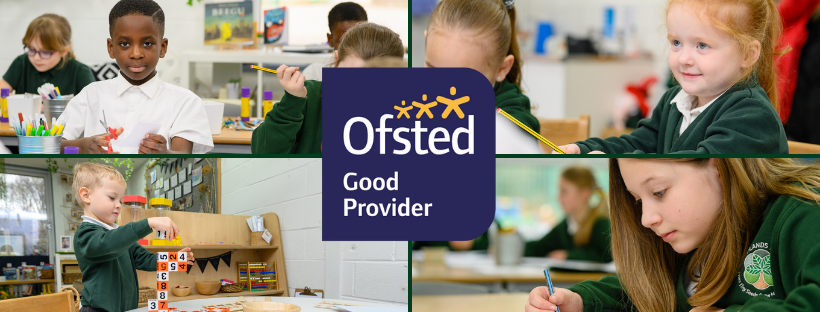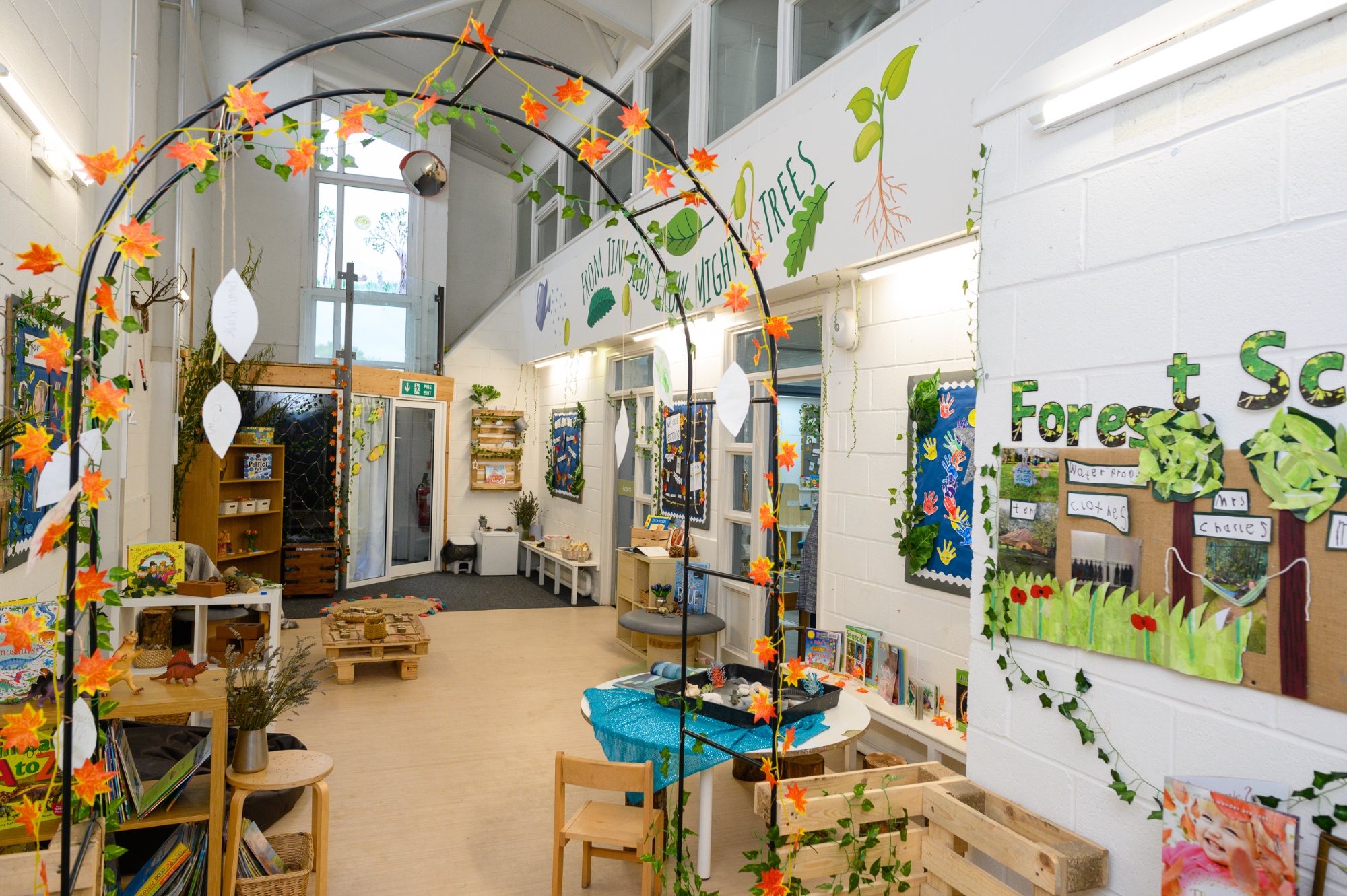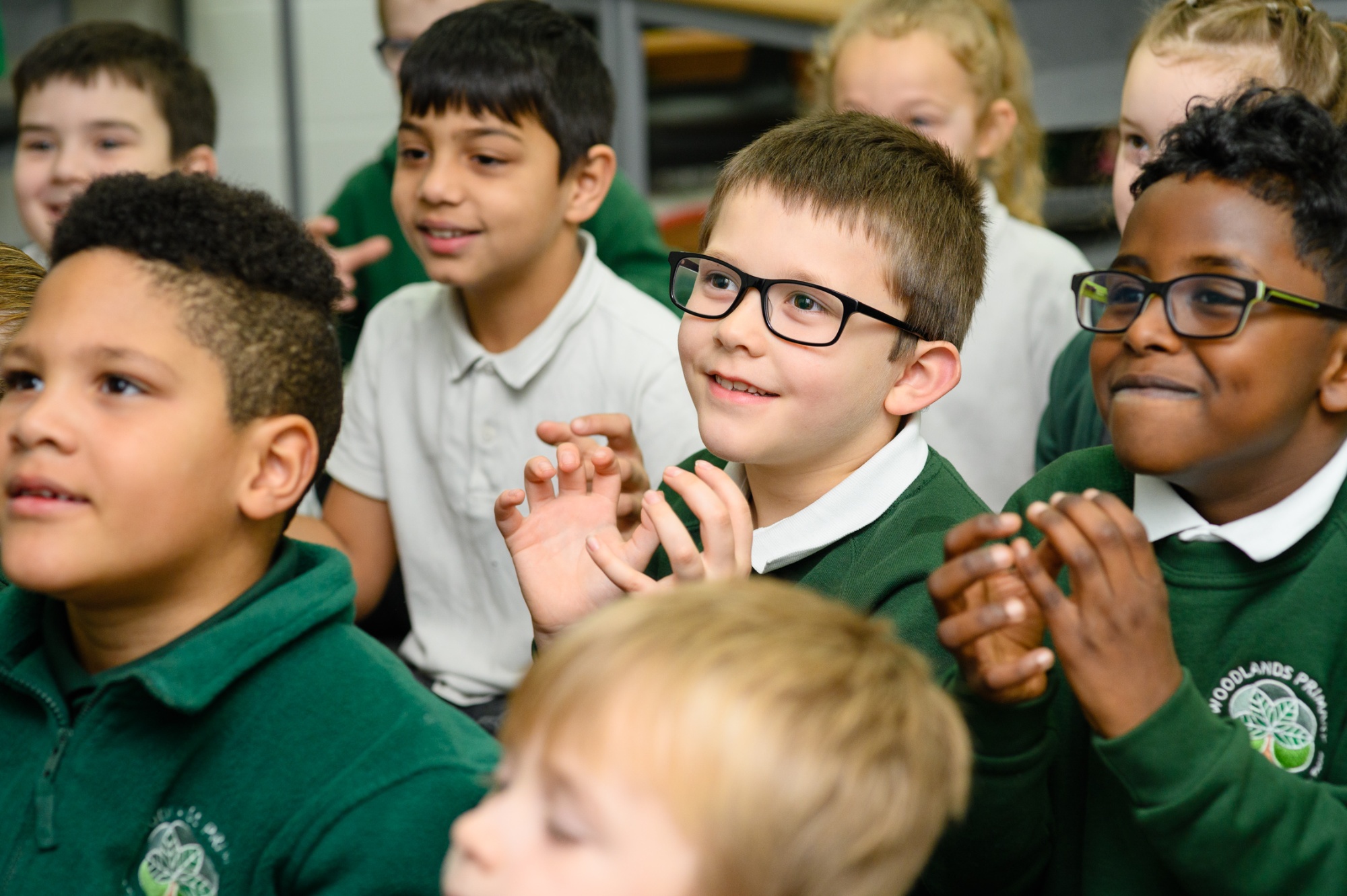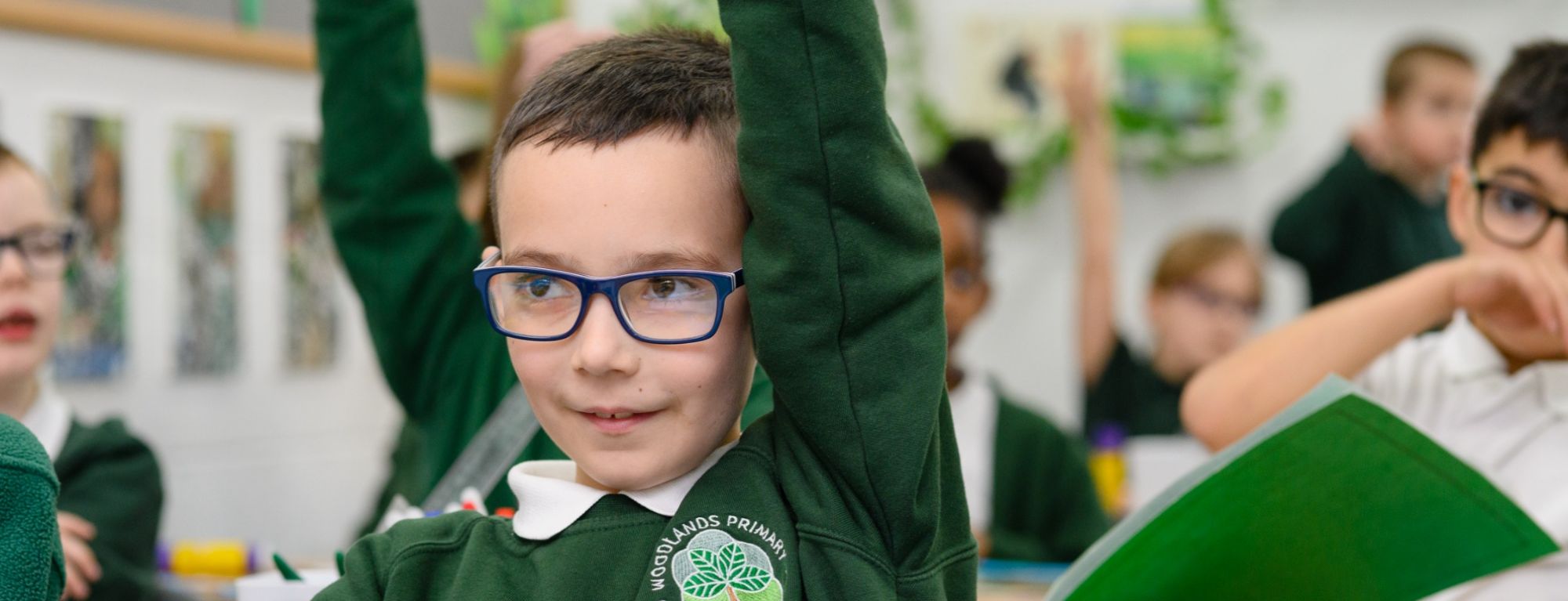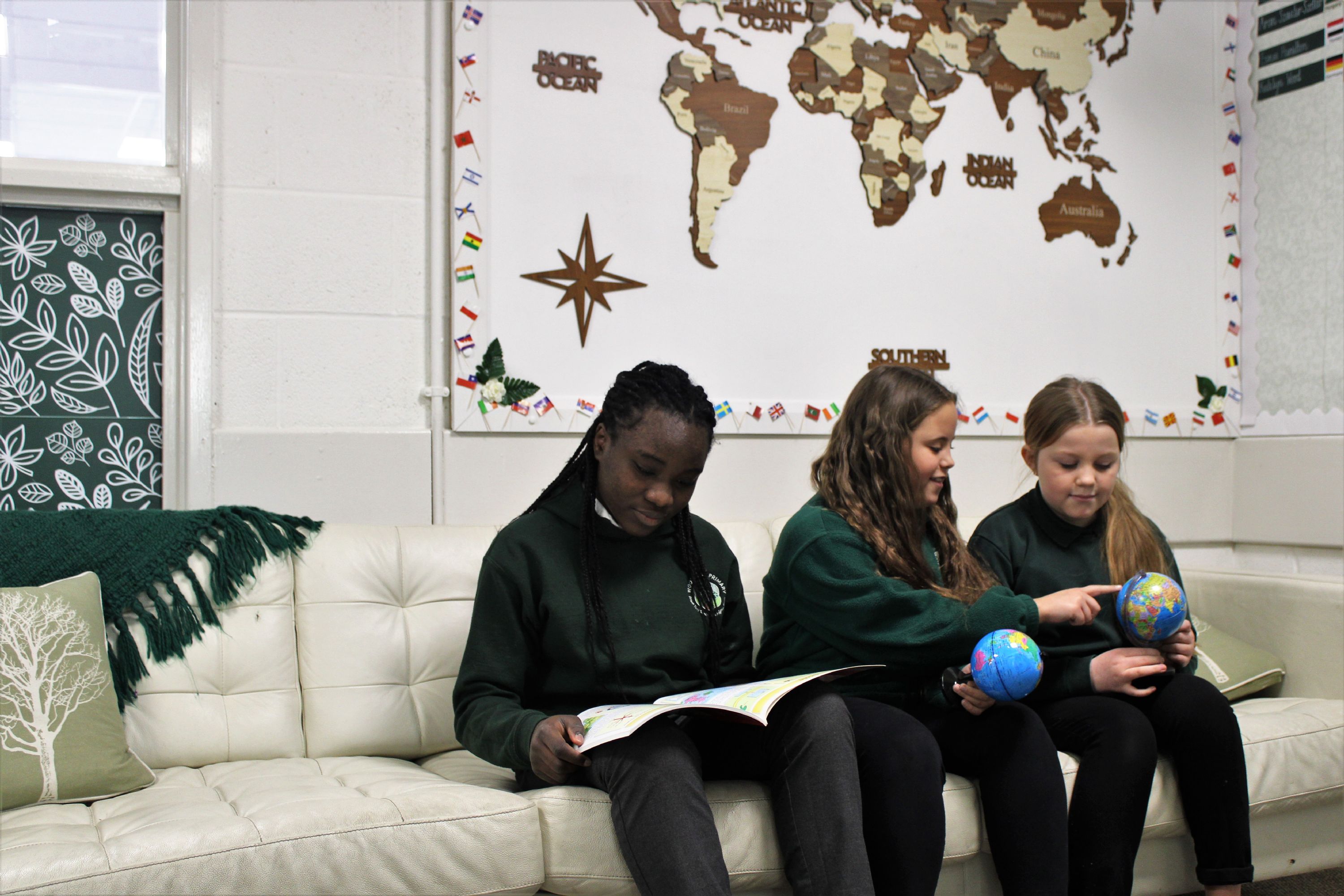Geography
Geography helps our pupils to understand our rapidly changing environmental and some of the social challenges facing us all and how we should tackle them.
Our geography curriculum helps pupils to get to grips with the wonderful world we live in. It equips them with the foundational knowledge they need to make sense of the world’s complexity and diversity.
Our pupils learn about the human and physical features of the world, locally, nationally and globally. From learning about the journey of a river, to volcanoes and earthquakes and how they are formed, to natural resources and where in the world these are to be found to globalisation, what this is and what impact this has on our day-to-day lives.
The jewel in the crown of our curriculum, is our geography fieldwork programme, where all of our pupils adventure out into the Peak District to investigate, measure and study the geographical landscape and the impact that humans have on this space, teaching them to respect and marvel at our natural world and the processes within it.

